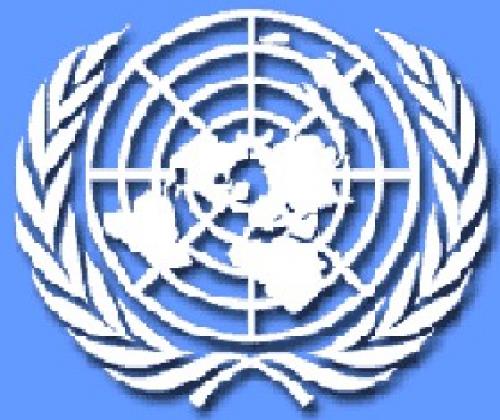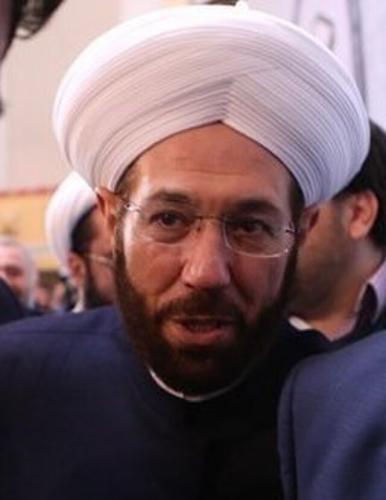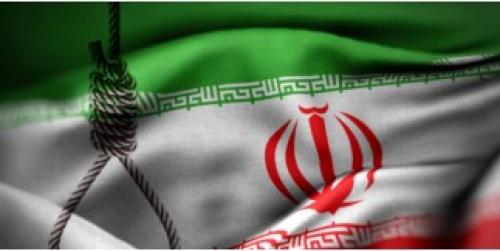08 November 2006 :
a U.N. rights expert urged Iraqi authorities not to carry out Saddam Hussein's death sentence and called for an international tribunal to either retry or handle the appeals process for Iraq's former dictator.A day after the Iraqi High Tribunal convicted Saddam of crimes against humanity including murder and sentenced him to death by hanging, the United Nations' special investigator on the independence of judges and lawyers, Leandro Despouy, criticized the fairness of the trial and called for the establishment of an independent, impartial and international tribunal supported by the global body.
Despouy said hanging Saddam would represent "a serious legal setback for the country" and would be counter to the growing international move to abolish the death penalty. He also expressed concern about the consequences the judgment could have on the volatile situation in Iraq.
"It is clear that the verdict and its possible application will contribute to deepen the armed violence and the political and religious polarization in Iraq, bringing with it the almost certain risk that the crisis will spread to the entire region," Despouy said in a statement.
Despouy objected that the tribunal could only try Iraqis and is not allowed to consider war crimes committed by foreign troops during the first Gulf War of 1990 nor the war crimes committed after May 2003, when U.S.-led forces toppled Saddam's regime.
Despouy also called into doubt the tribunal's legitimacy and credibility. He argued that the tribunal was established during an "occupation" considered by many as illegal, is composed of judges selected during this occupation, including non-Iraqi citizens, and has been mainly financed by the United States.
He said the court failed to respect "international human rights principles and standards, in particular the right to be tried by an independent and impartial tribunal."
Despouy opposed the fact provisions of international criminal law were combined with outdated Iraqi legislation that allows the death penalty.
He said the deaths of one judge, five candidate judges, three defense lawyers and an employee of the tribunal, may have unfairly affected the trial.
The death sentences automatically go to a nine-judge appeals panel, which is expected to rule by mid-January. If the verdicts and sentences are upheld, the executions must be carried out within 30 days.
Human rights specialists are appointed to three-year terms by the United Nations and report to U.N. human rights bodies. They act independently and are unpaid by the U.N. for their work, although their expenses are paid.










